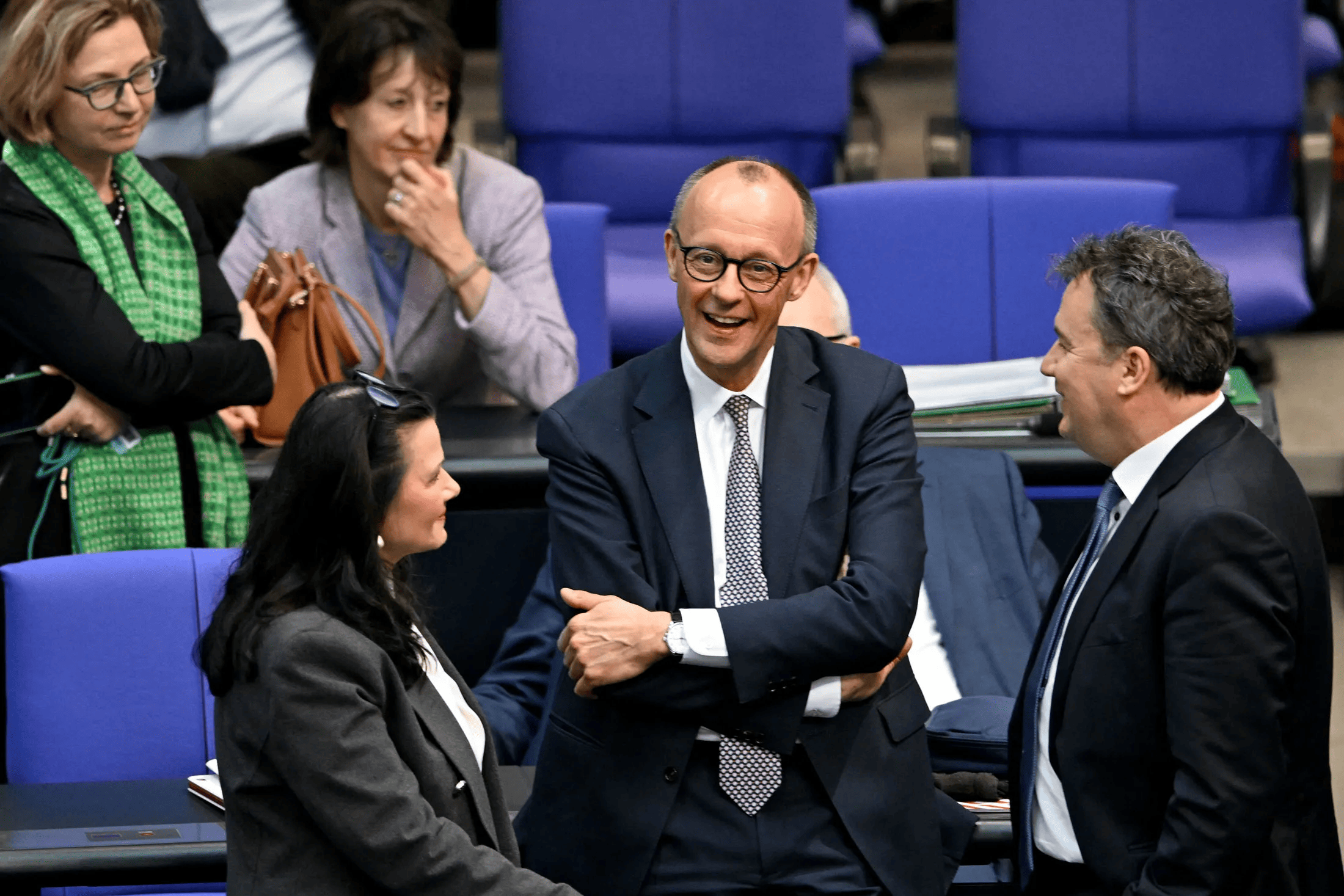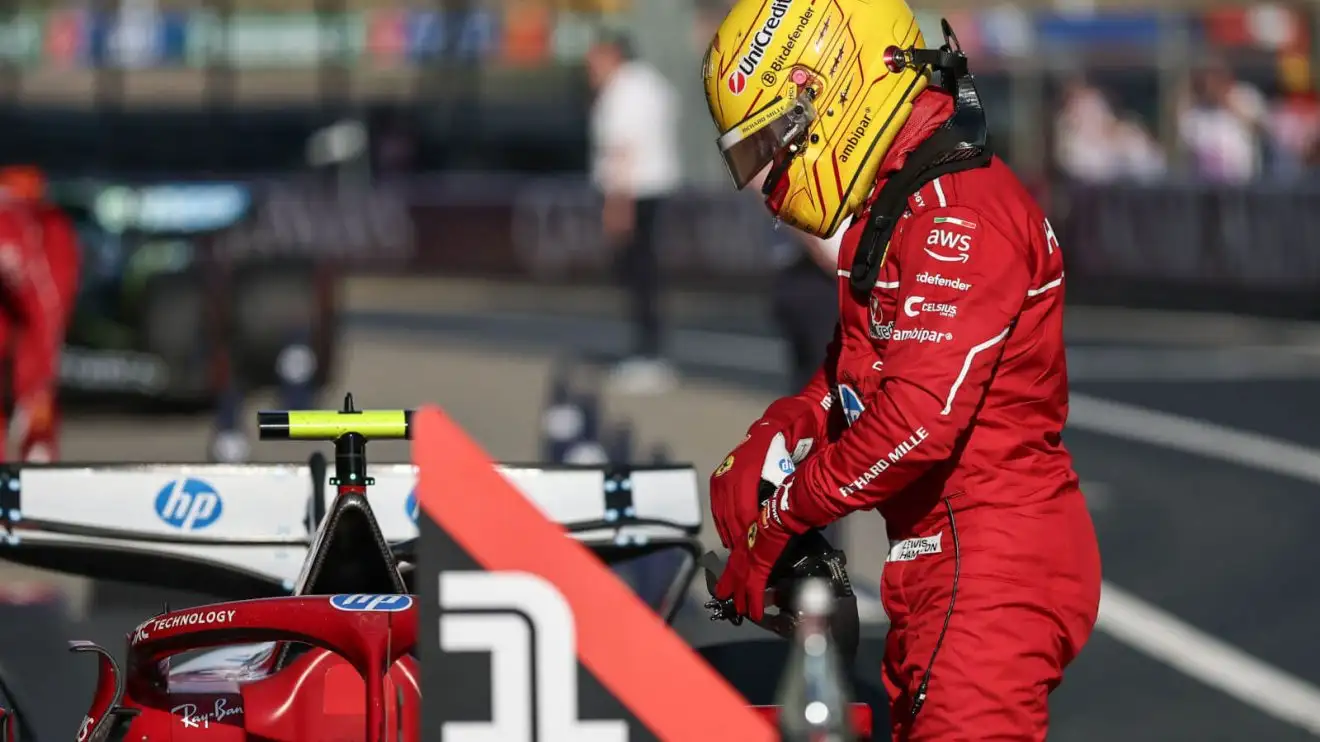As the war in Ukraine continues to shape global geopolitics, the United Kingdom has taken a leading role in preparing for a potential ceasefire. UK Prime Minister Keir Starmer has committed to hosting additional military planning sessions in London to ensure that allied nations are ready to mobilize peacekeeping forces if and when a ceasefire is agreed upon.
This article examines the UK’s ongoing efforts, the coalition involved, and the broader implications of these military planning sessions. We will explore how these preparations fit into the larger geopolitical landscape and the challenges that come with enforcing a ceasefire in Ukraine.
Background: The Need for Military Planning
The war in Ukraine has seen continuous military engagement since Russia’s invasion in February 2022. As international efforts to broker a ceasefire continue, there is an increasing need for comprehensive military and logistical planning to prepare for the enforcement of peace agreements.
Prime Minister Keir Starmer has called for Europe to “step up” and has taken proactive steps in organizing structured discussions on how to manage and support a ceasefire.
The Coalition of the Willing
The UK has spearheaded what Starmer refers to as a “coalition of the willing”—a group of nations actively involved in planning for a Ukrainian ceasefire. This coalition includes:
- France – A key partner in European defense and security initiatives.
- Turkey – A strategic regional player with significant influence in ceasefire negotiations.
- Norway and Iceland – Important NATO allies with vested interests in European security.
- European Union Leadership – European Council President Antonio Costa and European Commission President Ursula von der Leyen have engaged in discussions to coordinate military and humanitarian responses.
The United States, while a major supporter of Ukraine, has been reluctant to commit troops to any potential peacekeeping mission. This has made European leadership even more crucial in developing an effective ceasefire strategy.
UK Military Planning Sessions
Northwood HQ Meetings
Northwood Headquarters in London has been the site of initial military discussions among coalition members. This week’s meeting further reinforced the importance of having well-developed plans for any scenario that may arise.
During the discussions, sub-planning groups were established to focus on:
- Land Deployment – Determining how ground forces would be positioned to monitor ceasefire zones.
- Sea Operations – Ensuring security in the Black Sea to prevent escalation.
- Air Surveillance – Monitoring airspace violations and enforcing no-fly zones.
- Reconstruction Efforts – Coordinating international aid and rebuilding efforts for war-torn areas.
- Regeneration Strategies – Establishing economic and political stability in Ukraine post-ceasefire.
The next set of meetings in London will span three days and aim to solidify these plans before higher-level discussions take place in France later in the week.
UK’s Commitment to Ceasefire Enforcement
The UK has publicly committed to deploying forces if necessary to uphold any ceasefire agreement. However, there are ongoing debates regarding the scope of this commitment.
A Downing Street spokesperson emphasized that thousands of troops would be needed, whether deployed on land, at sea, or in the air. However, recent reports suggest that the UK may be prioritizing air and sea operations over direct land deployments.
The British government has downplayed these claims but acknowledges that all potential military engagements must be assessed based on the evolving situation in Ukraine.
Diplomatic Engagements and Upcoming Talks
UK’s Role in International Negotiations
Prime Minister Starmer has remained actively engaged with international leaders, including:
- European Council President Antonio Costa
- European Commission President Ursula von der Leyen
- Leaders of Turkey, Norway, and Iceland
These diplomatic engagements aim to ensure that all coalition members remain aligned in their approach to ceasefire enforcement.
U.S.-Russia Ceasefire Negotiations
The next stage of ceasefire negotiations between the United States and Russia is scheduled to take place in Saudi Arabia on Monday. While the UK is not directly participating in these talks, its representation at the next “coalition of the willing” meeting in France is expected to play a crucial role in shaping Europe’s response to any agreements reached.
Challenges and Risks
Despite the UK’s strong commitment to ceasefire preparations, several challenges remain:
- Uncertainty Over Russia’s Intentions
- Prime Minister Starmer has accused Vladimir Putin of attempting to obstruct and delay ceasefire negotiations. The possibility of renewed hostilities or non-compliance by Russian forces remains a major risk.
- Lack of U.S. Military Commitment
- While the U.S. has provided significant financial and military aid to Ukraine, it has refrained from making concrete commitments to European-led peacekeeping efforts. This leaves European nations responsible for enforcing a ceasefire without direct U.S. military backing.
- Operational Challenges of a Ceasefire Mission
- Enforcing a ceasefire in an active conflict zone requires careful planning, as even small missteps could reignite violence. Military planners must navigate logistical and strategic challenges, including coordination with Ukrainian and international forces.
- Rebuilding Ukraine
- Beyond military considerations, reconstruction efforts will require extensive financial and political support. The UK and its allies must plan not just for short-term stabilization but for Ukraine’s long-term recovery.
Frequently Asked Questions
Why is the UK leading military planning for a Ukraine ceasefire?
The UK is a major NATO member and has been one of Ukraine’s strongest supporters since the war began. By organizing military planning sessions, it seeks to ensure that Europe is prepared for ceasefire enforcement.
What is the “coalition of the willing”?
This is a group of nations, including the UK, France, Turkey, Norway, and Iceland, that are actively working to develop strategies for enforcing a ceasefire in Ukraine.
Will the UK deploy troops to Ukraine?
The UK has stated that it is willing to deploy troops if necessary but may prioritize air and sea operations over direct land engagements.
What role does the U.S. play in these discussions?
The U.S. is supporting Ukraine through military aid and sanctions on Russia but has not committed to providing troops for a ceasefire enforcement mission.
What are the biggest risks to enforcing a ceasefire?
Key risks include Russia’s potential non-compliance, logistical challenges in deploying peacekeeping forces, and the long-term reconstruction of Ukraine.
Conclusion
The UK’s leadership in military planning for a Ukraine ceasefire underscores its commitment to European security and stability. As Prime Minister Keir Starmer pushes for greater European involvement, the coalition of the willing is working to establish clear strategies for ceasefire enforcement.
However, significant challenges remain. Russia’s intentions, the absence of a U.S. military commitment, and the complexities of managing a ceasefire zone all pose obstacles that must be carefully navigated.
As the next round of international discussions approaches, the world will be watching to see whether a viable ceasefire plan can be established—and, more importantly, whether it can be successfully implemented.
The UK, alongside its allies, will continue to play a pivotal role in these efforts, ensuring that Europe is prepared for any eventuality in the evolving conflict in Ukraine.



